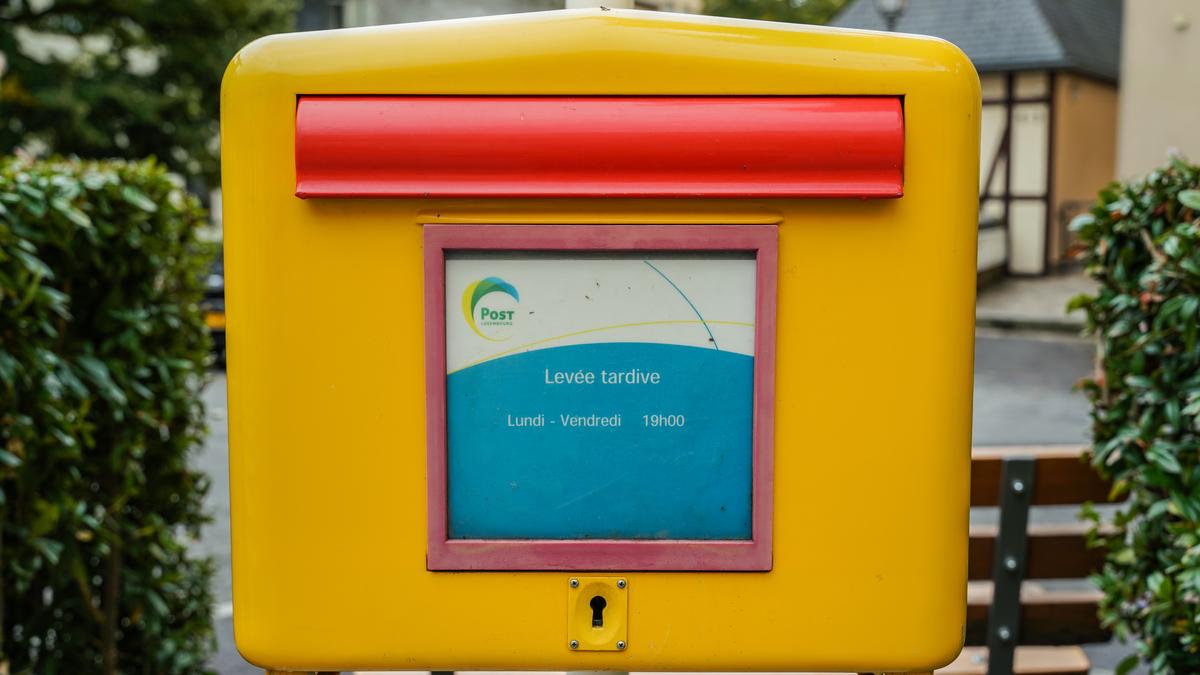Luxembourg mail and communications firm Post saw its profits drop 12% from €57 million in 2023 to €50 million last year, with revenue growth slowing down too, but the firm intends to pay the state a €15 million dividend.
“On the financial plane, the year 2024 has been good,” Post’s general director Claude Strasser said in a statement on Tuesday, adding however that “the dynamic for the year 2025 is uncertain with a dropping key rate, a slowing down of the economic activity and an increased pressure on costs.”
While its net profits dropped by 12%, Post’s revenue grew by 1% last year, going from €969 million to €978 million with the bulk of revenue coming from its telecommunications and ICT activities (€518 millions). The previous year revenue had grown by 9%.
Also read:Post Luxembourg’s profits almost doubled in 2023
2024 was marked by the regrouping of four branches of Post (EBRC, Elgon, Digora Luxembourg and Post Telecom’s B2B) under the umbrella entity Deep, which covers key domains like cybersecurity, AI and the cloud, Post said.
Post’s mail and logistics business decreased by 4% last year, after going up 10% in 2023. “With the structural decline in letters moderated in 2024, this decline is explained by the collapse of logistics sales by almost half as a result of the virtual halt in the flow of parcels from Asia,” Post explained, adding that package deliveries went up 15%, representing 8.4 million units.
To deal with this growth, Post intends to invest €80 million in a new logistics centre and a new sorting machine. Over 2024, Post invested €131million, mainly in telecommunication and IT infrastructure.
The firm’s financial branch was able to increase its revenue by 15.7%, reaching €76 million.
Also read:Omnibus: Shall companies pause their CSRD compliance efforts?
Post Luxembourg in its annual report also noted it had decided to maintain corporate sustainability reporting under EU directive rules for its 2024 report despite an omnibus law package and “Stop the clock” directive – both adopted by the EU earlier this year – allowing companies to delay adopting sustainability reporting measures.
It also completed initiatives to measure its double-materiality – the impact the business has on the environment and vice versa – and the scope of its carbon footprint.
